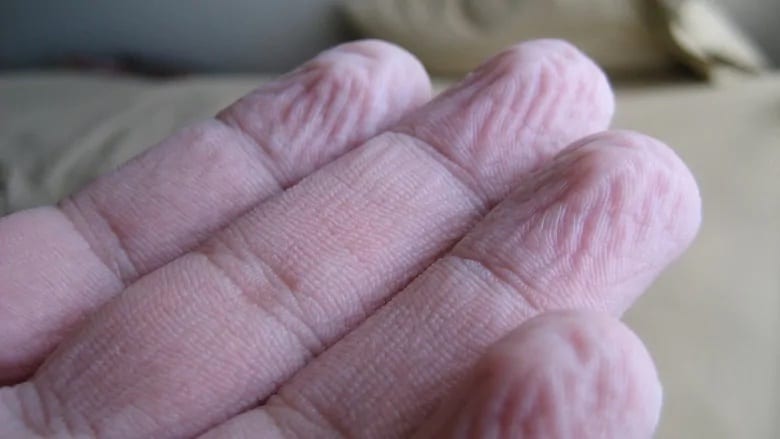I was quite OK with the thought that I needed to get my first pair of glasses. No problems. Then when I had my eye test, the optometrist said this beautiful string of words – ‘you have deterioration’.
I was still OK with that. My eyes are deteriorating. Lots of people wear glasses, a lot from much younger than me. No problems.
I might not have been quite as OK with it if someone was talking about my back though.
I am pretty certain that if someone said to me ‘you have deterioration of your back’ or ‘you have osteoarthritis’ or ‘wear and tear’ or better still the threat-laden ‘you have a disc bulge/protrusion’ that it would inevitably made me think differently about the state of my back, the health of my back, the resilience of my back, and the likelihood of injury. Regardless of whether I had any pain at that point in time.
It would most likely affect me even more if I did have pain. It would be pretty natural to associate the two quite strongly – pain and deterioration.
Guaranteed, I would have started behaving differently, moving differently, choosing my activities differently – even if there was no pain involved. Guaranteed. Even if I didn’t want to.
That is the power of investigations and the results of investigations.
Fortunately (and unfortunately), as the quality of imaging improves, there is so much more that can be seen on the inside. The ‘landscape’ can be seen quite clearly and in greater detail on the inside whether the changes in the ‘landscape’ are relevant or not. Every little crack in the pavement. Every little weed poking out of every crack. Every twig on every branch of every plant.
Don’t get me wrong, the technology is fantastic and can be lifesaving. But there is a danger involved with it too, and particularly if the imaging is used when it isn’t required.
I wonder how many persistent pain states have been created/prolonged/worsened as a result of imaging that wasn’t needed, and an explanation that used a ‘deterioration’ kind of explanation.
Do you ever look at the skin on your hands and think ‘deterioration!’ or do you think ‘that is what happens normally to everyone just from living’?
Some people’s skin changes more than others, your genetics, sun exposure, the degree of care taken over the years, type of work that yo have done etc all have an effect. Your back is no different in that respect.
It is harder to convince someone with pain that an investigation isn’t necessary, and I feel for GPs who must get it everyday – ‘I want an XRay/CT/MRI‘.
My Dad was keen on saying ‘a picture is worth a thousand words’ in relation to an ultrasound of his shoulder. It is a hard gig to explain to someone ‘yes it does show ….., but that doesn’t automatically make it a problem’.
However, it is even harder to convince someone that gets their results of their MRI that say ‘you have a disc bulge’ that it may not actually be THE cause of their pain. Every GP/physio etc has been in that situation.
So anyway, the other interesting lesson for me was that I had my eyes tested, chose some glasses, waited for them patiently the got them. Started wearing them.
I HAVE NEVER THOUGHT ABOUT MY VISION AS MUCH AS SINCE I GOT MY GLASSES. I FIND MYSELF CHECKING IN ON MY VISION ALL THE TIME. IS IT BLURRY? IS IT GETTING WORSE? ARE MY EYES TIRED? SHOULD I LEAVE THEM ON OR TAKE THEM OFF? etc etc etc
It makes me realise that someone that has a diagnosis of ‘disc bulge’, something non-structural like ‘non-specific low back pain’ or even that old chestnut ‘wear and tear’, how much that diagnosis can make them introspective about that ‘problem’ even if there is no pain involved.
This introspection would be multiplied many times if pain is involved – pain does have that effect of capturing your attention! That is one of its chief roles after all.
It should be obvious from reading this that the way in which your health professional talks about your problem and describes it to you can have a HUGE effect on your condition.
If you would like to talk more about your persistent pain and to see if we can help out, feel free to give us a buzz, or shoot me an email on russell@adelaidewestphysio.com.au















